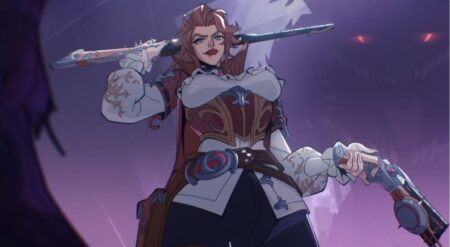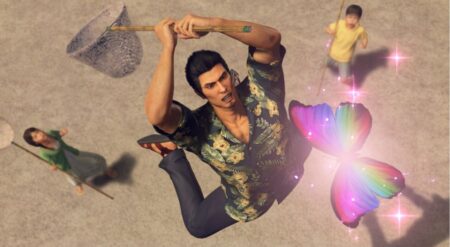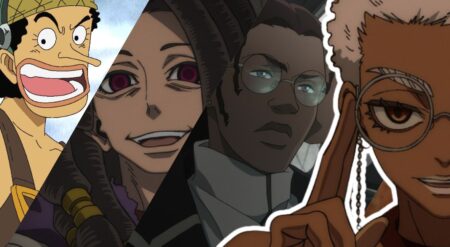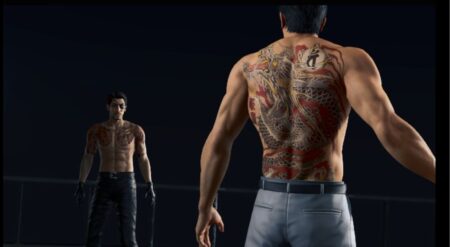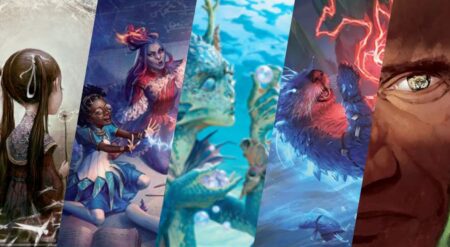
Spoilers for Avengers: Endgame
As the MCU closes an 11-year chapter with Avengers: Endgame, there is a large portion of the universe that still remains to be explored with boundless opportunity to introduce new stories. And with more and more people rightly asking for diversity, it is important to acknowledge that Marvel has two potentially fantastic representations of someone living with chronic pain and disability already within their line-up.
Ant-Man and the Wasp introduced fans to Ghost, a complicated villain who lives with a chronic pain condition due to a quantum accident. The accident also left her with incredible powers that allow her to phase through walls and have superhuman strength. In MCU canon, Ghost’s chronic pain condition is the driving force of her narrative and character arc. But before fans even got a glimpse of the elusive Ghost, Guardians of the Galaxy introduced us to Nebula.
Nebula, within Guardians of the Galaxy Vol. 2, and Avengers: Endgame sees a full character arc. Unlike Ghost, Nebula’s character arc is not driven around her pain and the movies never even blatantly state that she lives with any debilitating conditions. But while her physical pain is not explored or directly stated as Ghost’s I can’t help but relate to it.
Prior to the release of Avengers: Endgame, Marvel released a series of posters for the film with the tagline “Avenge the Fallen.” Nebula’s offered a close-up of the Luphomoid’s face. She has been outfitted, by her father Thanos, with cybernetic augmentations and prosthetics highlighting just how often she has been taken apart and put back together by him. While fans know this, the still image of the poster was the first time I was able to see the physical pain these cybernetic enhancements must cause her. Specifically seeing the way that the metal puckers her skin is unnerving.
I suffer from chronic vestibular migraines with a complicated aura and I get them daily. A migraine aura consists of symptoms or sensations, such as flashing lights or zigzag lines, which typically precede migraine headache, seizure, or other neurological events. My eyes sometimes feel like they are closing on their own, dots will appear in front of me, and things get fuzzy. It is almost as if the skin around my eye is somehow blocking the view. Seeing Nebula’s cybernetic augmentation around her eye match a symptom that took two neurologists and two years to diagnosis is a powerful feeling. That being said, it’s immensely hard to put into words.
Nebula cracks her joints prior to fights like someone who lives with joint pain. She grabs at her skull and is unable to move like someone who has migraines when Thanos taps into her network in Avengers: Endgame. She pops bones back in her body like someone who lives with Ehlers-Danlos syndrome, a group of inherited disorders marked by extremely loose joints, very stretchy (hyperelastic) skin, following her fight with Gamora in Guardians of the Galaxy: Vol 2.
In addition, her pain tolerance is incredibly high. She grabs the power stone through its defense system without muttering a curse despite the fact it scorches her limbs down to its fragmented metal during Avengers: Endgame. Nebula functions like someone who is disabled. I use that word, function, because that is what we do, we function, we adapt, and we survive.
Like many disabled people, myself included, Neubla has experienced medical trauma. While often for Nebula it was literally torture, many disabled people throughout history and still today have been abused by medical practitioners. In Guardians of the Galaxy: Vol 2 Nebula mentions that Thanos pulled her eye from her head and her brain from her skull. Later in Avengers: Infinity War, he has her nearly dismembered to access to memories. A lot of those uncomfortable moments of torture on the screen seem disturbingly familiar to me.
Often, doctors and medical practitioners are cold and distant. This means that medical tests and procedures like my MRI, vaginal ultrasonography, or even basic blood work can be downright traumatic. It is understandable why I am apprehensive around doctors. Frankly, my health and quality of life lay in their hands. Many things lie out of my own control. Nebula is an extreme example of this, but a good one nonetheless.
Every augmentation Nebula has, whether painful or not, was applied to her at the behest of someone else. She was never in charge of her own health. At the start of my health journey, before I really began researching, I was improperly diagnosed many times and put on medication that ended up doing more harm than good. I had no real control over my own health, in a similar way to Nebula, a series of doctors made decisions around me, never really considering what it was doing to me.
Nebula finds herself and her agency in Avengers: Endgame. When faced with her former self from 2014, Nebula sees exactly how far she has come. She is no longer desperate to please her father to the point she will allow him to physically rip her body apart piece by piece. In the same way, researching my health has helped me find more agency in the medical process. While I still must deal with traumatic medical tests, I am learning my own body and have become an advocate for my own health.
Representation matters and disabled characters are rare within media. Despite 1 in 4 adults having a disability (physical, mental, or communicative), a 2017 report from the University of Southern California’s Annenberg School for Communication and Journalism showed only 2.7 percent of characters in the 100 highest-earning movies of 2016 were depicted with a disability. Even worse, a Ruderman Family Foundation report found only 4.8 percent were played by actors who had that disability in real life.
In addition to wanting to see myself on screen because it is empowering, I also want to see myself on the screen to better understand my own conditions. For me, disability is weird, sometimes wonderful, and ever-changing. Our bodies are never stagnant, and my body today will not be the same as it is tomorrow, my symptoms are ever evolving much like Nebulas various cybernetic enhancements have changed her own symptoms within the four movies we have now seen her in.
In fact, I love seeing my chronic pain featured in art. Previously, I spoke about Steve Ditko’s revolutionary art within Doctor Strange and how it looked similar to nerve-ending during a fibromyalgia flare-up. And honestly, I love when doctor offices have art depicting pain because it helps me better visualize my own symptoms to further explain them. Seeing artistic or real representations of disabilities on screen can have the same process, as both Ghost and Nebula have for me.
Following Avengers: Endgame, Nebula will continue exploring the vastness of space with the Guardians of the Galaxy. My hope is that the MCU leans into Nebula’s medical trauma and clear coding as a disabled person.
I would also like to see more disabled characters in the MCU who are played by disabled actors. As much as I love Hannah John-Kamen (Ghost) and Karen Gillan (Nebula), neither are disabled despite John-Kamen playing a character that has a canon disability and is not just coded as disabled. The MCU has a ways to go in regards to diversity but understanding the potential of what character they already have, particularly with Nebula would be the best way to start.

